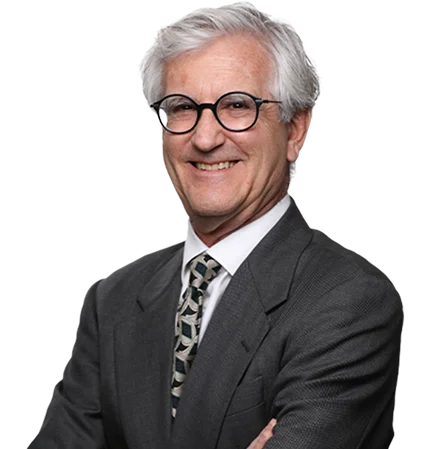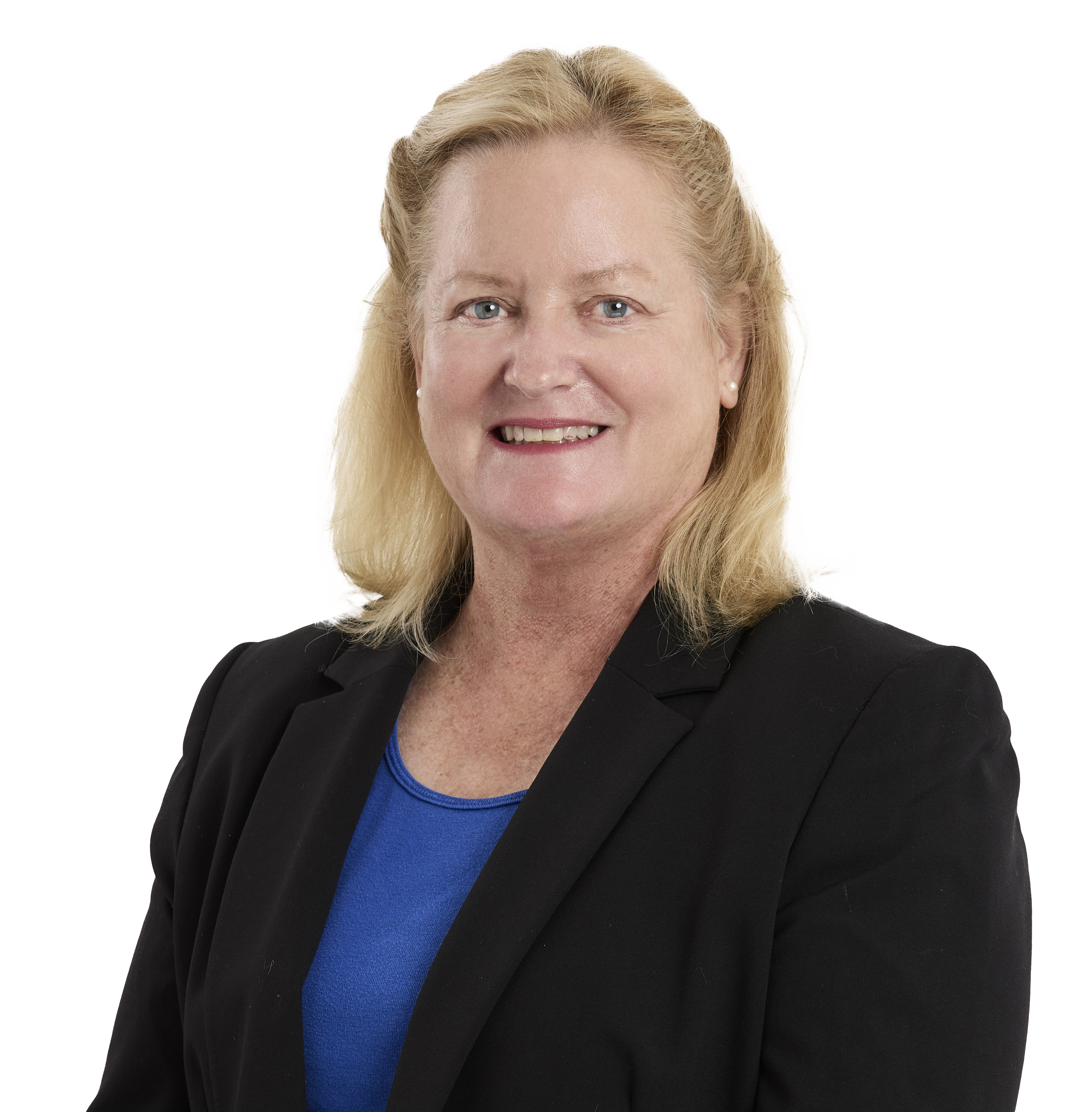In his complaint, Howard argued that his oral agreement with Kudrow required her to pay commissions on work she secured while Howard represented her, even if she performed or received payment for the work after she terminated Howard’s services. In response to Kudrow’s summary judgment motion, Howard offered an expert declaration explaining that the custom and practice in the industry would require Kudrow to pay the commissions that she withheld, including for her work on the “Friends” television show. The trial court granted summary judgment, finding the expert declaration to lack foundation, as it did not adequately reflect particularized knowledge of the customs at the time the parties entered into their agreement.
Howard retained Horvitz & Levy to represent him on appeal from the defense judgment. In our first appeal, the California Court of Appeal (Second Appellate District, Division Five), agreed with us that any such custom and practice would be part of the parties’ contract if the expert declaration were admissible. The Court of Appeal further agreed that the trial court, after rejecting the declaration for lack of foundation, erred in concluding it had no discretion to allow an opportunity to supplement the declaration. The court thus reversed the summary judgment order. On remand, the trial court accepted a supplemental declaration that detailed the basis for the expert’s understanding about the relevant custom and practice, but nonetheless again granted summary judgment for Kudrow, expressing the belief that the expert’s knowledge provided an insufficient basis to admit the declaration because the expert did not include details of his personal experience in handling the precise type of transactions involving the precise custom and practice that he described.
In our second appeal, the Court of Appeal again reversed, explaining in a published opinion that the expert demonstrated his qualifications and foundation for his opinion by outlining not only his personal experience, but also his observations of and discussions with others working in the entertainment industry, and his familiarity with customs and practices in circumstances closely analogous to those at issue in the present case. The trial court’s concern that the expert did not “name names” when describing the basis for his opinions was misplaced: “An expert may rely upon experiences and conversations he or she has had and information he or she has obtained without the necessity of providing the specifics of such experiences and conversations” and “there is no requirement that an expert set forth specific persons, conversations, or dates of such conversation for the formation of the opinion, as apparently required by the trial court.”



